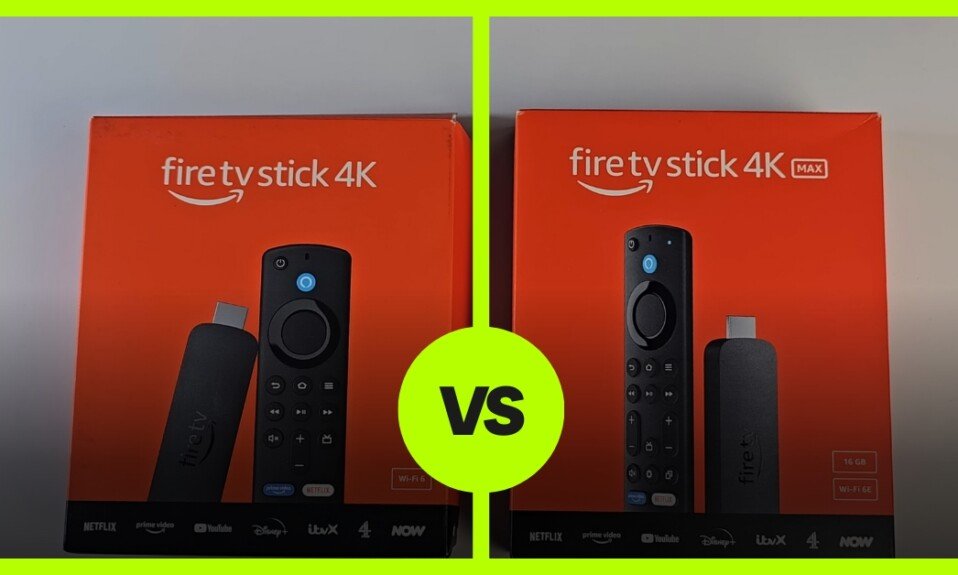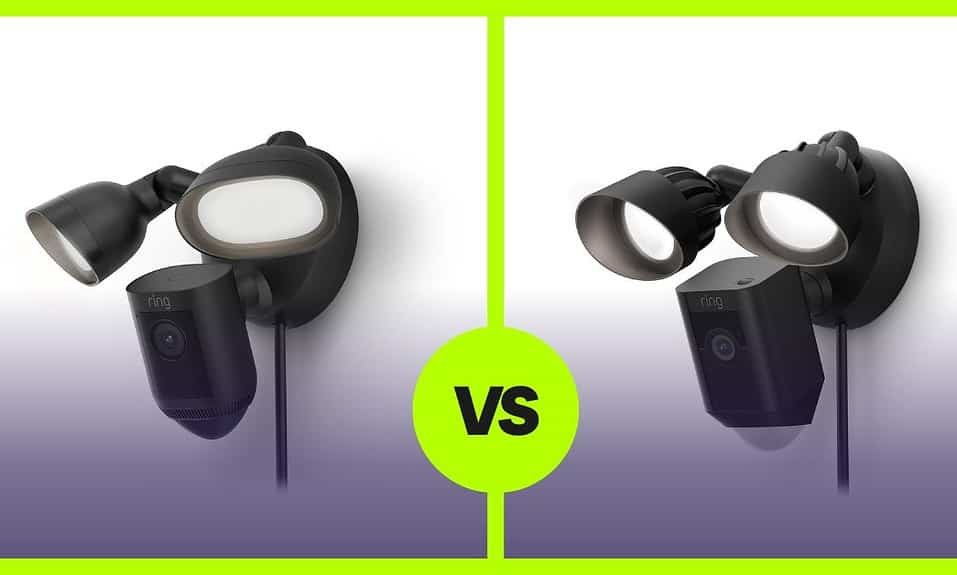In the age of pixels and profits, the fusion of technology and business planning has never been more vital. From researching competitors to analyzing potential markets and setting financial objectives, every stage of creating a successful business plan can greatly benefit from tech-driven solutions. In this article, we’ll explore the diverse ways in which technology can play a significant role in shaping a winning business strategy.
Along with embracing technology, consider engaging the services of business plan writers to capitalize on their expertise and ensure a comprehensive, well-crafted plan that aligns perfectly with your entrepreneurial vision.
The Role of Data Analytics in Business Planning
The first step in crafting a robust business plan is to gather and analyze relevant data. No longer can businesses rely solely on gut instincts and intuition. By utilizing data analytics tools, these organizations can unlock valuable insights into market trends, consumer behavior, and industry benchmarks. These invaluable insights lay the groundwork for a data-driven business plan that not only aligns with market demands, but also caters to customer preferences. Thanks to the power of data analytics, businesses can accurately forecast revenues, identify potential risks, and make well-informed strategic decisions.
Leverage Artificial Intelligence for Market Research
The next phase of creating a winning business plan involves thorough market research. While traditional methods can be time-consuming and costly, the advent of artificial intelligence (AI) has brought about a revolution in this field. Cutting-edge AI-powered tools possess the ability to scour the internet, analyze massive amounts of data, and extract valuable patterns and correlations. By utilizing sentiment analysis and monitoring social media platforms, businesses can gauge customer sentiments, identify emerging trends, and analyze competitor strategies.
Utilize Natural Language Processing for Competitive Analysis
Analyzing the competition is an integral element of business planning. Utilizing natural language processing (NLP) enables comprehensive competitive research within a shorter timeframe. NLP algorithms efficiently navigate extensive textual data from various sources, such as news articles, customer reviews, and industry reports to extract vital insights about competitors’ strengths, weaknesses, and market positions. By gaining an understanding of competitor strategies and market sentiments, businesses can refine their own approaches, identify unique selling propositions, and proactively anticipate potential challenges.
Enhance Financial Projections with Financial Modeling
Accurate financial projections are also crucial for a business plan. Technology offers sophisticated financial modeling software that streamlines the forecasting process. These advanced tools empower businesses to create dynamic financial models that factor in various variables and scenarios. By integrating historical data alongside real-time market information, companies can generate highly precise revenue forecasts, expense projections, and cash flow analyses. Such in-depth financial modeling enables entrepreneurs to make well-informed decisions about their finances while showcasing the viability of their business plans to potential investors and stakeholders.
Utilize Collaboration Platforms in Business Plan Development
Business plans are rarely the work of a single individual; instead, they are the result of collaborative efforts from different stakeholders. Technology facilitates seamless collaboration through cloud-based platforms and project management tools. Team members can work together in real-time, irrespective of their physical locations, to develop and refine the business plan. These platforms also aid in version control and provide a centralized repository for all plan-related documents and discussions. Collaboration platforms foster efficient teamwork, ensuring that all perspectives are considered and integrated into the final plan.
Automate Business Plan Presentation with Multimedia Tools
The final business plan needs to be presented in a compelling and persuasive manner, captivating potential investors and ensuring funding. Traditional textual presentations often lack engagement, failing to seize the attention of the audience. However, by incorporating multimedia tools, such as interactive graphs, videos, and 3D models, businesses can enhance the impact of their presentations. Technology allows for visually appealing and immersive presentations that effectively convey the business concept, strategies, and growth potential.
Integrate Feedback Loops for Continuous Improvement
Finally, the journey of a business plan does not end with its presentation and implementation. Technology enables the establishment of feedback loops that facilitate continuous improvement. Leveraging customer feedback, sales data, and relevant metrics empowers businesses to fine-tune their strategies and adapt to evolving market dynamics. These iterative feedback loops ensure business agility, allowing necessary adjustments as they progress towards their goals. The commitment to continuous improvement guarantees the ongoing relevance and effectiveness of the business plan in achieving long-term success.
Technology has become an indispensable tool in creating a winning business plan. By integrating technology into the business planning process, entrepreneurs and business leaders can craft well-informed, data-driven, and adaptable business plans that stand the test of time in today’s dynamic and competitive market. Embracing technology is no longer an option but a necessity for those seeking to thrive in the ever-changing business landscape.




